The Election Commission has sharply rebuked Rahul Gandhi's "vote chori" allegations, demanding proof with a sworn affidavit, while the Congress leader holds his ground, escalating the political confrontation.
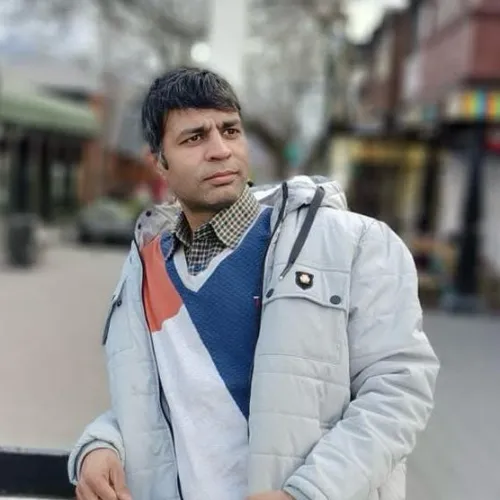 Manish Saini
Manish Saini

A high-stakes political confrontation is unfolding between the Election Commission of India (ECI) and the Leader of the Opposition in the Lok Sabha, Rahul Gandhi. The dispute revolves around Gandhi’s recent and highly public allegations of “vote chori” (vote theft) and "criminal fraud" in the electoral process. The ECI has responded with an unprecedented level of aggression, demanding that Gandhi either submit concrete evidence with a sworn affidavit or publicly apologize to the nation. This battle of words and public perception has not only intensified the political climate but has also cast a harsh light on the integrity of India's electoral rolls.
Rahul Gandhi’s claims, first made at a press conference, have been specific and detailed. Citing an internal analysis by the Congress party, he alleged that a large-scale “vote theft” operation was carried out in at least one key constituency.
In his public statements, Gandhi has reiterated his stance, refusing to sign a formal declaration as demanded by the ECI. He asserts that his statements as a Member of Parliament and Leader of the Opposition are his public word, which should be taken as an oath. "This is their data, and we are displaying their data," he said, accusing the ECI of not denying the factual discrepancies he presented.
The Election Commission has not taken the allegations lightly. In a series of stern public statements and notices, the poll body has vehemently denied the charges, calling them "false," "absurd," and an "unnecessary attack." The ECI's key responses have been:
The ECI has also referenced past legal battles, citing a 2018 case involving allegations by the Congress party in Madhya Pradesh, which were ultimately dismissed by the Supreme Court. The ECI's official sources have also claimed that the Congress party filed very few appeals during the electoral roll revision process, suggesting a lack of diligence from their end.
The standoff has become a focal point of India's political discourse. The Congress party, along with its INDIA bloc partners, has rallied behind Rahul Gandhi, holding protests and marches against what they call a "compromised" election commission. The Indian Youth Congress has even put up banners outside the EC's office, renaming it the "vote chor commission."
On the other side, the Bharatiya Janata Party (BJP) has been quick to criticize Gandhi, calling his claims "baseless" and "a tired script." BJP leaders have stated that the opposition is resorting to false allegations because it cannot accept a clear electoral defeat.
The controversy has also reignited the broader debate on the need for electoral reforms. Legal experts and former election commissioners have weighed in, with some questioning the ECI’s defensive stance and its demand for a sworn affidavit. They argue that the ECI, as a constitutional body, should be proactive in initiating an inquiry on its own, especially when such grave allegations are made publicly by the Leader of the Opposition.
Conclusion: The confrontation between the ECI and Rahul Gandhi is far from over. With both sides dug in, the standoff has become a test of institutional integrity versus political accountability. While the ECI's demand for formal, sworn evidence is legally sound, its combative public stance has raised questions about its transparency and willingness to embrace scrutiny. Conversely, Rahul Gandhi's refusal to provide an affidavit has allowed his critics to label his claims as mere political rhetoric. The resolution of this issue will not only impact the reputation of a key constitutional body but will also shape the narrative around the sanctity of India's democratic process for years to come.
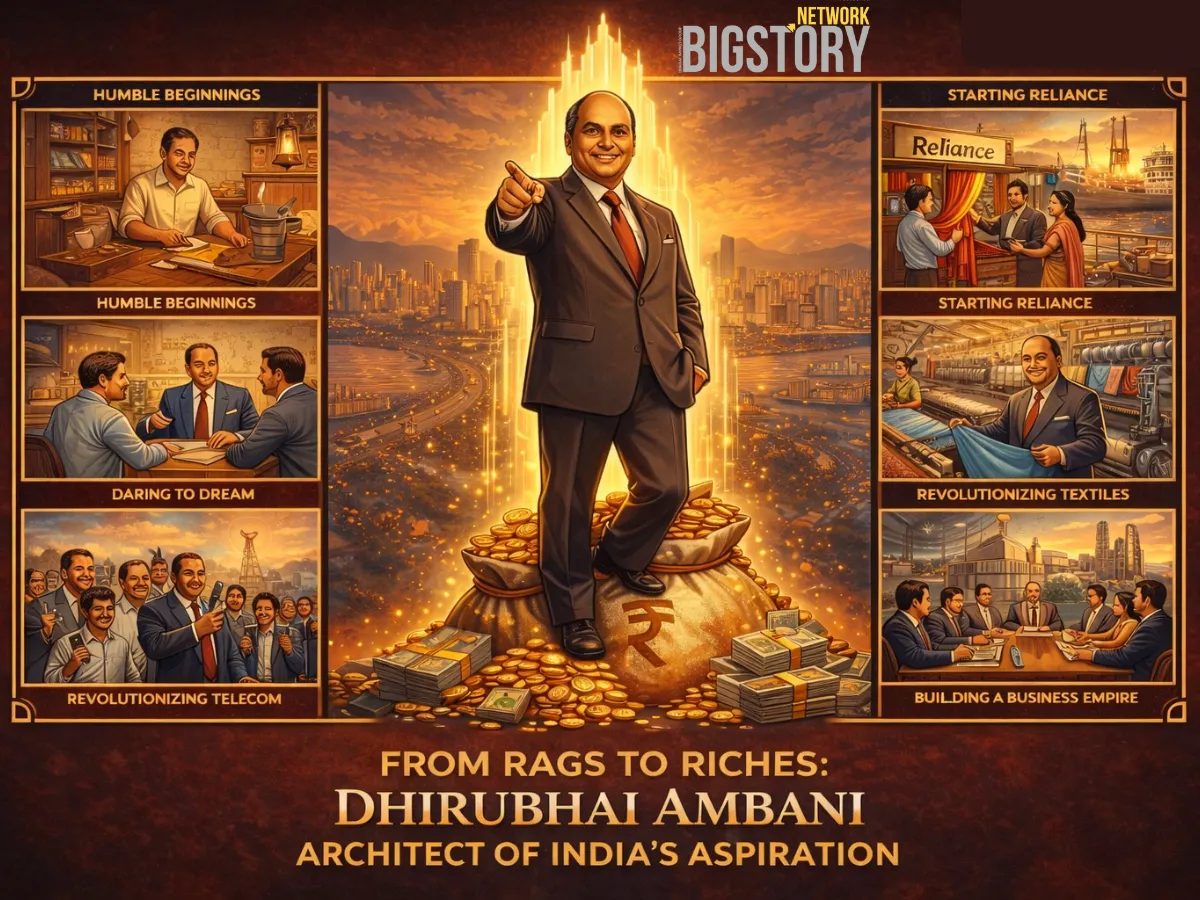
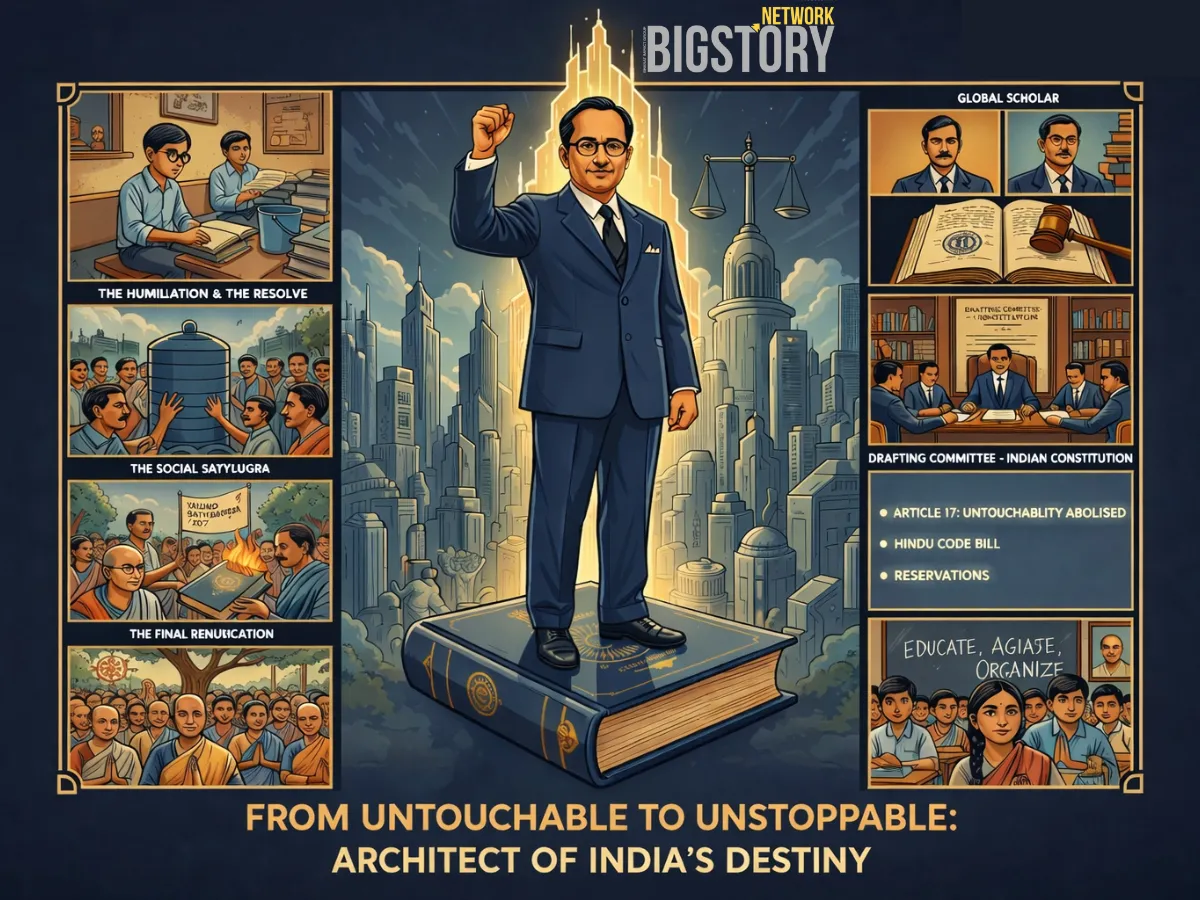

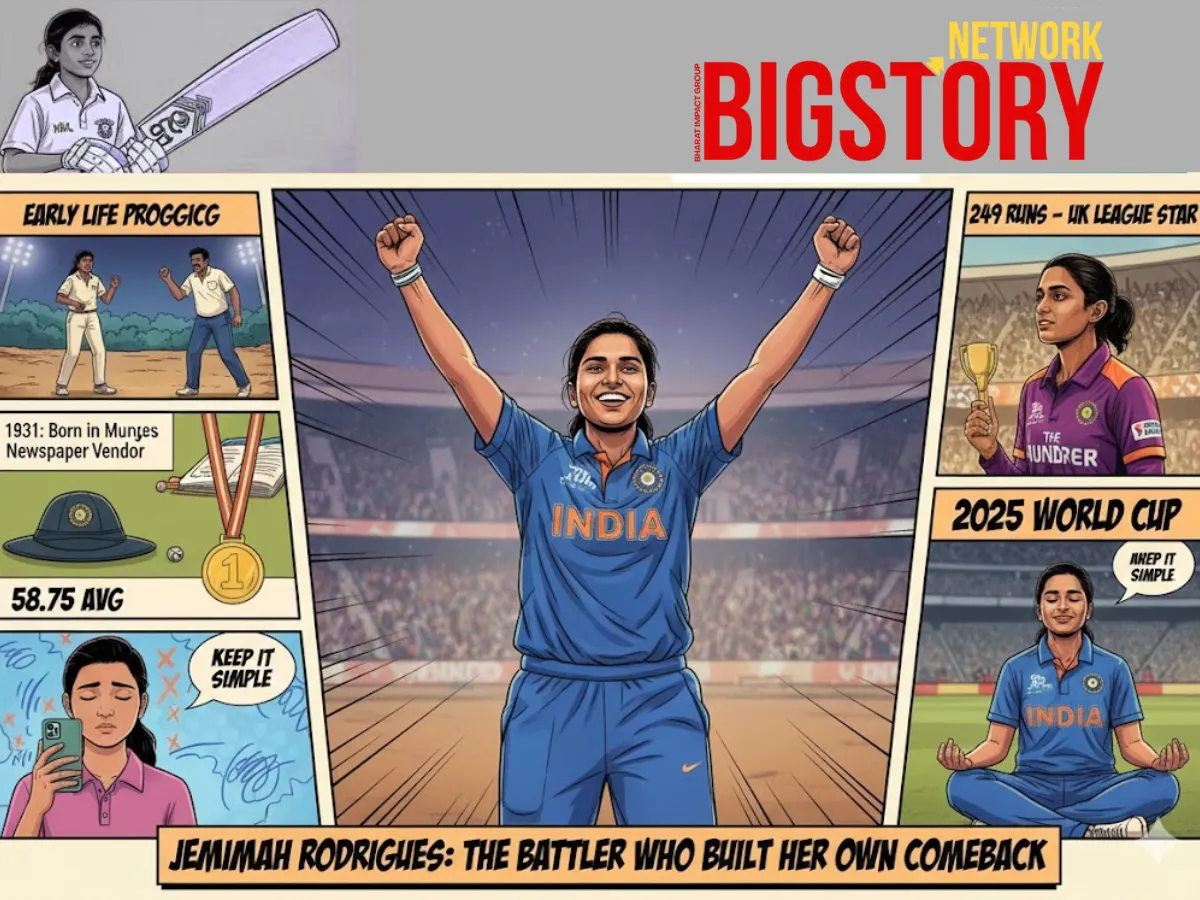
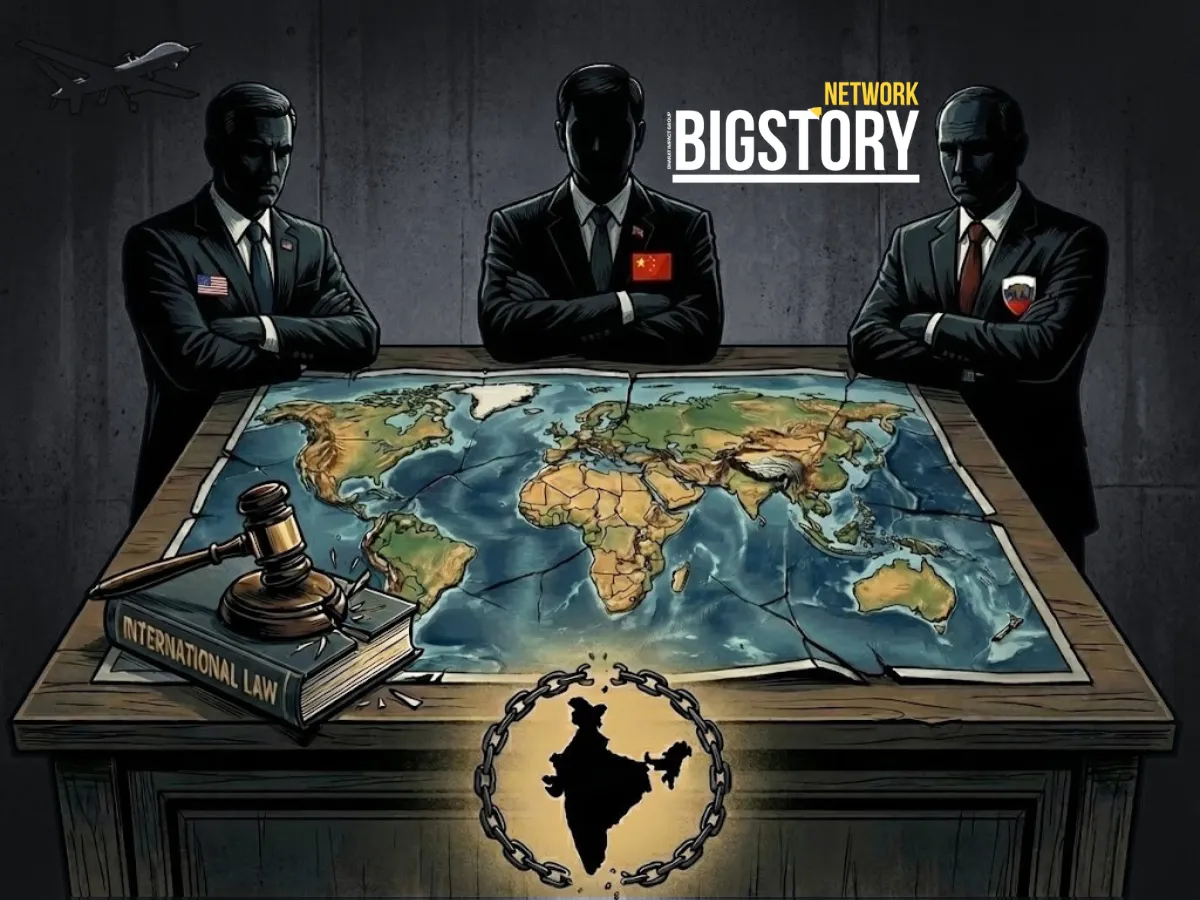
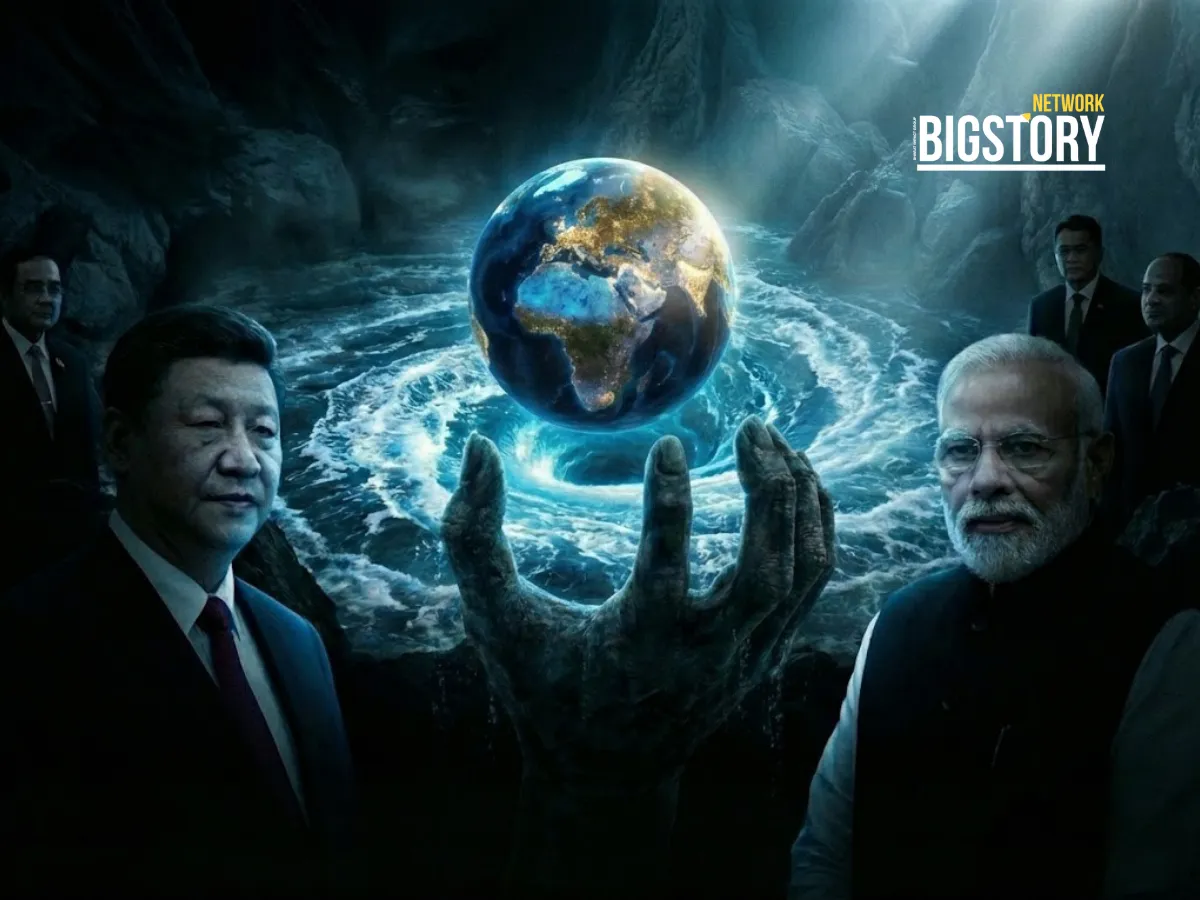
Sign up for the Daily newsletter to get your biggest stories, handpicked for you each day.
 Trending Now! in last 24hrs
Trending Now! in last 24hrs